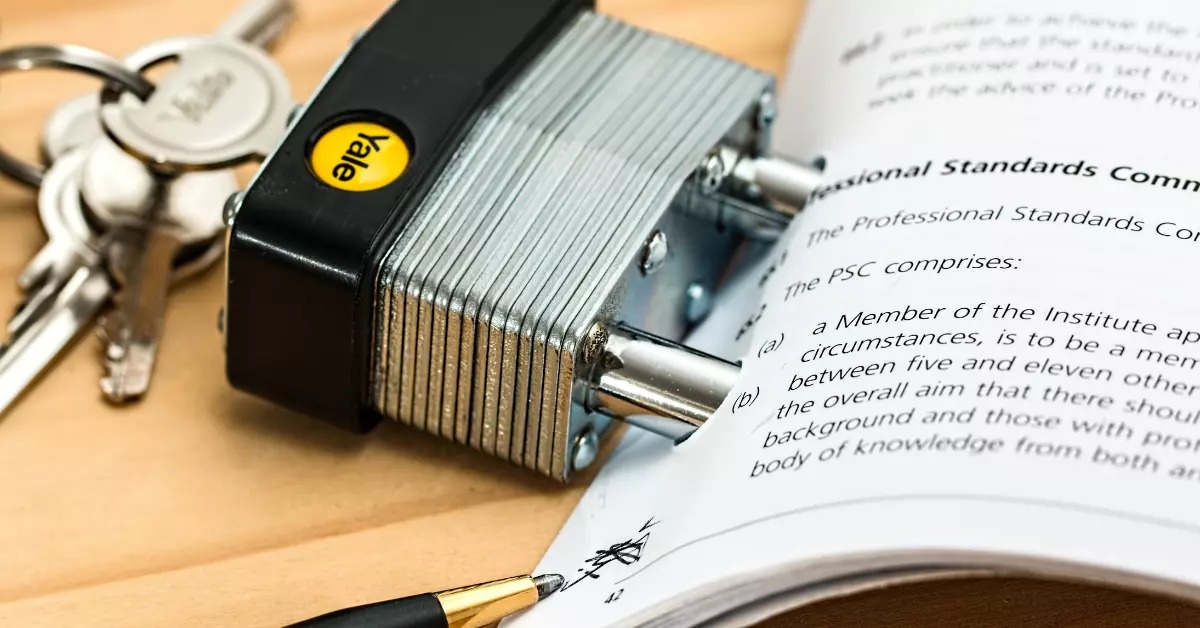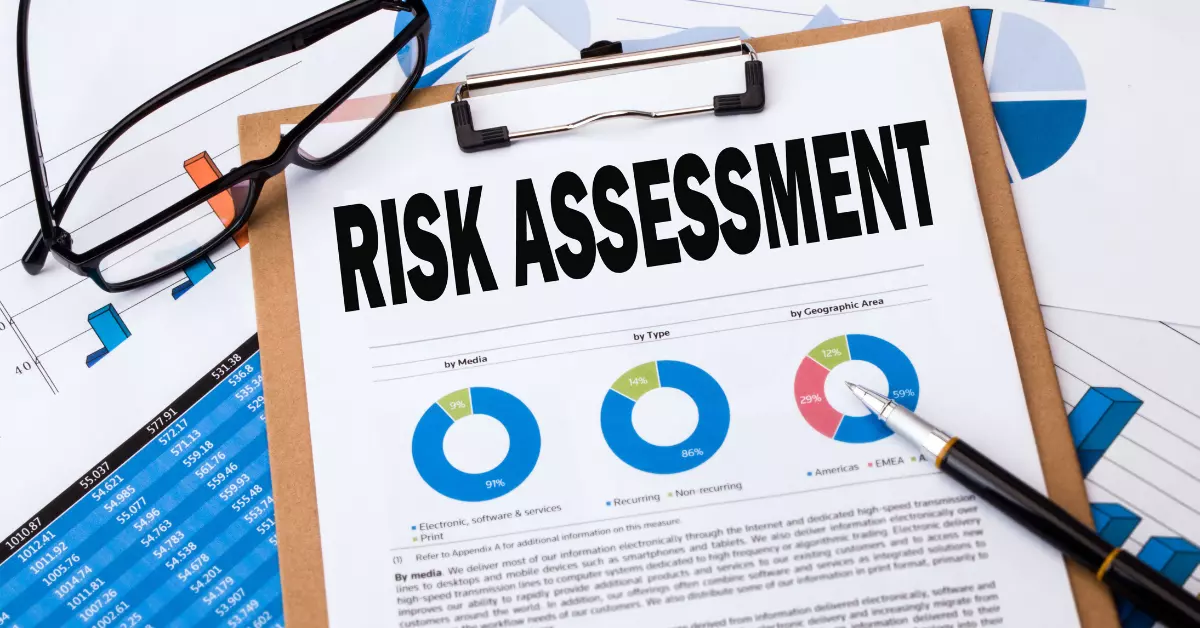If a tenant does not return the keys, you should first check the lease agreement for any specific instructions. Then, reach out to the tenant and request the return of the keys.
If the keys are still not returned, you may need to take legal action and follow proper eviction procedures. As a landlord, it can be frustrating when a tenant fails to return the keys after moving out.
It can cause inconvenience, additional expenses, and security risks. However, it’s essential to handle the situation calmly and legally.
In this article, we will discuss what steps you can take when a tenant does not return keys, the consequences of not returning keys, and how to prevent this situation from happening again.

Understanding The Situation
As a landlord, it can be frustrating and worrisome when your tenant does not return the keys to the rental property.
Understanding the situation, including the reasons why a tenant may not return keys, can help you navigate the process.
Reasons Why A Tenant May Not Return Keys
There are several reasons why a tenant may not return the keys to the rental property. Some of these include:
Lost keys
Your tenant may have lost the keys to the rental property, resulting in their inability to return them.
Intentionally holding onto keys
In some cases, a tenant may choose to hold onto the keys of the rental property, despite their legal obligation to surrender them.
Mailed keys never arrived
If you mailed the keys to the rental property to your tenant, they may report that they never received them.
Unresponsive tenant
Your tenant may be unresponsive to your calls or emails, making it difficult to retrieve the keys from them.
Legal Obligations For Both Landlords And Tenants Regarding Keys
As a landlord, you have certain legal obligations when it comes to keys for your rental property. Some things to keep in mind include:

The landlord’s right to access the property
As the landlord, you have the right to access the rental property, but you must provide reasonable notice to the tenant beforehand.
Tenant’s responsibility to surrender keys
The tenant is obligated to surrender the keys to the rental property upon termination of the lease or eviction.
Consequences of violating the lease agreement
Violating the lease agreement can result in consequences for both the landlord and tenant, which could include financial penalties.
Steps To Take When Tenant Does Not Return Keys
As a landlord, one of the most frustrating things you could face is a tenant who refuses to return the keys to your rental property. It’s not only inconvenient but could also put the property at risk of theft and damage.
We’ll look at the steps you can take when a tenant doesn’t return the keys.

Attempt To Contact The Tennant
The first thing you should do is to try to contact the tenant. Here are some things you can do:
- Call and send them an email. Politely inform the tenant that you need the keys back and offer options for returning them.
- Send a written notice to the tenant requesting that they return the keys within a specified time frame, usually a few days. Be sure to mention the consequences of not returning them on time.
- Set a reasonable deadline for the tenant to return the keys. Make sure that the deadline is reasonable, giving them enough time to comply.
Document Everything
Documenting your efforts to retrieve the keys is crucial in case you need to take legal action. Here are some things you should do:
- Keep a record of all the communication attempts, including phone calls, emails, and written notices.
- Take pictures or videos of the property’s condition before changing the locks to protect yourself against any claims from the tenant.
- Consult with a legal representative to know your rights and obligations as a landlord.
Assess The Risk And Cost
Assess the risk and cost of the tenant not returning the keys. Here are some things you should do:
- Evaluate the potential damage to the property that could occur if the keys fell into the wrong hands.
- Determine the cost of changing locks and keys.
- Decide whether to pursue legal action, depending on the severity of the situation.

Change The Locks
Once the deadline for key return has passed, it’s time to change the locks. Here are some things you should do:
- Hire a locksmith to change the locks immediately.
- Provide the tenant with notice of the lock change, possibly via phone, writing, or email.
Properly Handle Abandoned Property
The tenant may have left behind personal property after vacating the premises. Here are some things you should do:
- Understand the legal definition of abandoned property in your state.
- Notify the tenant of the abandoned property and provide them with a reasonable deadline to retrieve it.
- Dispose of the abandoned property accordingly, following the legal guidelines in your state.
Frequently Asked Questions Of What To Do When Tenant Does Not Return Keys
What Should I Do If A Tenant Doesn’t Return The Keys?
If a tenant doesn’t return the keys, change the locks and notify them via certified mail. You can also deduct the cost of replacing the locks from their security deposit.
Can I Charge The Tenant For Not Returning The Keys?
Yes, you can deduct the cost of changing the locks and rekeying from their security deposit. Make sure to provide the tenant with an itemized list of the charges.
How Long Should I Wait For The Tenant To Return The Keys?
It is best to wait for the tenant for a few days past their move-out date, but if they still don’t return the keys, it’s important to take action immediately.
What Legal Action Can I Take If A Tenant Refuses To Return Keys?
If a tenant refuses to return keys, you can file a lawsuit against them for the cost of changing the locks and rekeying the property. You can also seek damages for the time it took for the tenant to return the key.
Conclusion
When the tenant goes rogue, not returning keys, you’re not powerless. With immediate action, a clear policy, and the law on your side, you can swiftly regain control.
Remember, every hiccup like this is an opportunity to refine your property management prowess.
Reference
https://www.tenancy.govt.nz/maintenance-and-inspections/locks-and-security/
